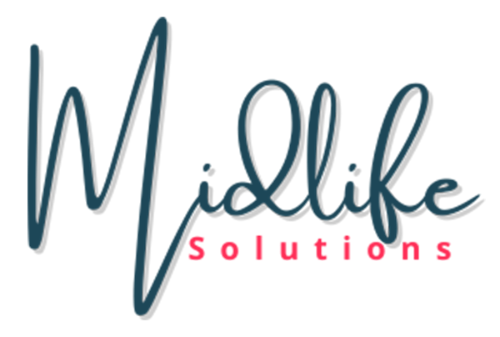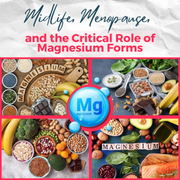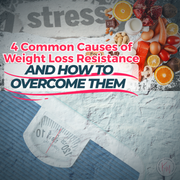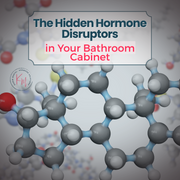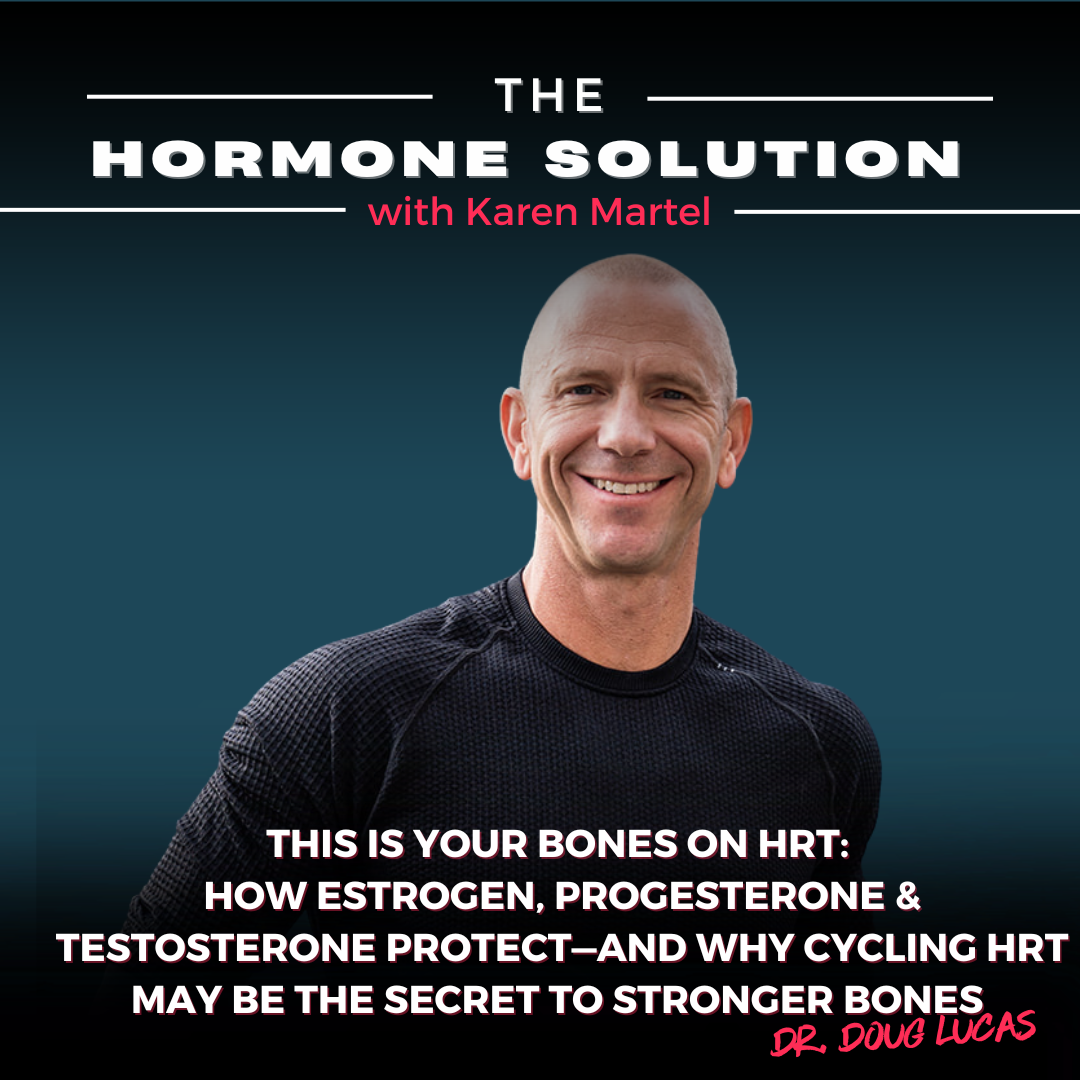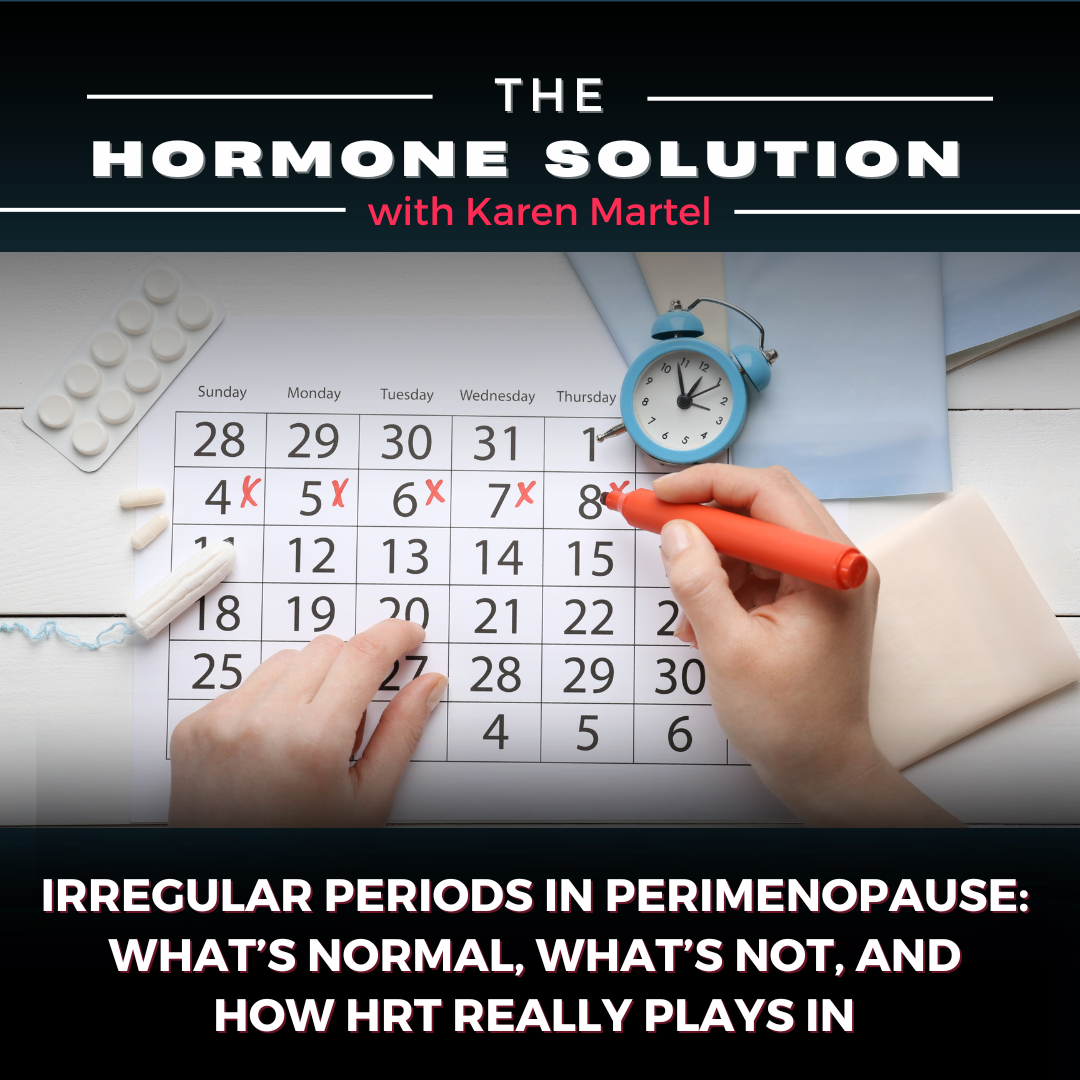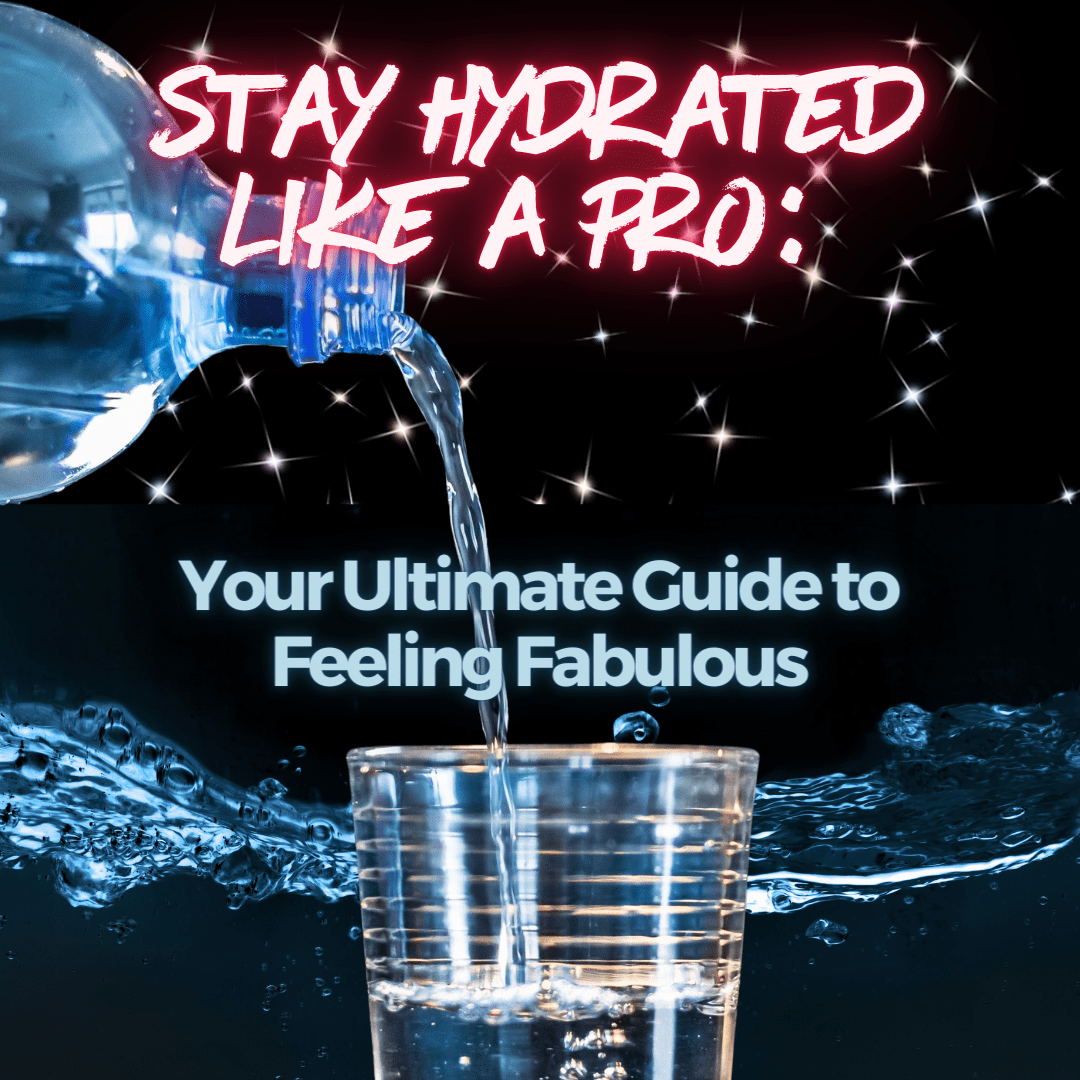
Stay Hydrated Like a Pro: Your Ultimate Guide to Feeling Fabulous
So, I bet you know that your body is made up of about 60% water, right? Keeping yourself hydrated is like giving your body a spa day every day! Drinking enough water boosts your skin's glow, sharpens brain function, and helps your organs work their magic. Plus, it flushes out toxins, aids digestion, and keeps your GI tract happy. Staying hydrated means you'll feel more energetic and ready to crush your day. But let's be real, most of us don't drink enough water. Whether it's because we don't feel thirsty until it's too late, we’re not fans of the taste, or we're just too busy to remember, hydration often falls by the wayside. Let's change that!
Signs You're Running Low on H2O
Your body’s hydration is a team effort between your brain and receptors in your blood vessels, heart, neck, and kidneys. One quick check to see if you’re drinking enough water is the skin pinch test: just pinch the skin on the back of your hand—if it doesn't snap back right away, you might be dehydrated. This test checks your skin’s elasticity, which decreases when you're low on fluids. Keep an eye out for these other signs of dehydration:
- Feeling dizzy
- Not peeing enough
- Constipation
- Dry mouth
- Not sweating as usual
Keep an eye out for these signs and make sure to keep that water bottle handy!
Dehydration Causes
Hot or humid weather, long exercise, and especially the combo of both, crank up your body's need for water to keep cool through sweating. Dehydration can also hit hard from severe diarrhea, vomiting, diuretics, excessive sweating, and of course, just not drinking enough water. If you’re battling a headache or feeling sluggish, try gulping down a big glass of water. It could be just what you need!
How Hydration and Hormones Work Together
Let's talk hydration and hormones! Your body’s fluid control is a finely tuned system influenced by the brain and receptors in your blood vessels, heart, neck, and kidneys. When blood flow decreases, the kidneys produce renin, a hormone that triggers the release of angiotensin, which constricts blood vessels. This, in turn, prompts the adrenal glands to produce aldosterone and vasopressin (also known as antidiuretic hormone). Aldosterone activates mineral-corticoid receptors, leading to sodium and water retention, while vasopressin causes blood vessel constriction and increased water reabsorption in the kidneys. When salt levels rise in the blood, your brain kicks up your sense of thirst. Thirst can also be triggered by dopamine, habits, taste, and psycho-emotional factors.
Now, let's dive into the hormone-hydration connection. Estrogen and progesterone play a big role in your hydration status. During the reproductive years, these hormones fluctuate, changing water management throughout the month. Higher estrogen levels, like those seen before ovulation, increase water retention and lower the thirst trigger in your brain, requiring less sodium to make you feel thirsty. Estrogen also boosts antidiuretic hormone, enhancing fluid retention. On the flip side, progesterone competes with aldosterone for those mineral-corticoid receptors, decreasing sodium retention and thus reducing water retention.
PMS Bloat: What's Really Going On?
Ever notice that annoying water weight gain right before your period? It usually eases up once your period starts, thanks to those fluctuating estrogen levels and a drop in progesterone. To help manage this, support your progesterone levels, limit salt, boost liver detox of estrogen, and stay hydrated. Fun fact: a year-long study found that fluid retention might also involve cytokines and prostaglandins, not just hormones. So, it’s a complex mix!
Menopause and Hydration: What's Happening?
When menopause hits, the drop in estrogen and progesterone messes with your body's water management, often leading to fluid retention or dehydration.
Perimenopause and Water Retention: The Lowdown
During perimenopause, dropping progesterone levels can make you relatively estrogen dominant, leading to annoying fluid retention.
Menopause can make hydration a tricky balance. Estrogen levels drop, affecting how the body manages fluids. This shift not only increases water loss but also dulls the body's thirst signals over time. This can leave many women unknowingly dehydrated as they age.
Balancing hormone replacement is key. When estrogen and progesterone are out of sync, it can lead to water retention, often mistaken for weight gain or breast enlargement. However, when hormones are properly balanced, they help regulate thirst and manage water more effectively.
Boost Your Hydration Game with Variety
Try chilled water, sparkling options, or add some zing with fruit-infused choices. Opt for water-rich fruits like watermelon, grapes, cherries, and berries—they're refreshing picks to keep you hydrated.
Tips to Boost Your Hydration
- To start your day right, drink a big glass of water first thing in the morning. Adding electrolytes like my favorite LMNT can help with absorption of water.
- If you consume caffeine or alcohol, balance it out with extra water.
- Throughout the day, sip on room temperature water to keep your thirst signals intact.
- Swap out sugary drinks like juices and sodas for water to avoid extra calories and health risks.
- Stay hydrated during your workouts by sipping water regularly.
- Keep a full water bottle handy wherever you go.
- To promote better sleep, avoid large water intake close to bedtime.
Glowing skin reflects your health, nutrition, and hydration—CHEERS!

Find Karen Martel on Apply Podcast
Karen Martel is a Certified Hormone Specialist and Transformational Nutrition Coach dedicated to empowering women through their health journeys.
As the host of the popular podcast The Hormone Solution, Karen tackles the complexities of hormonal health, weight loss resistance, and the challenges that come with perimenopause and menopause.
Her mission is to disrupt outdated narratives surrounding women's health, providing reliable information and practical solutions that help women reclaim their vitality.
Tune in to discover how to embrace life's stages while enhancing overall well-being.
